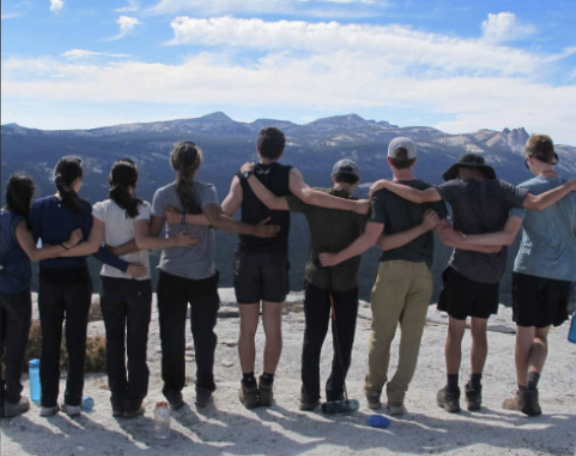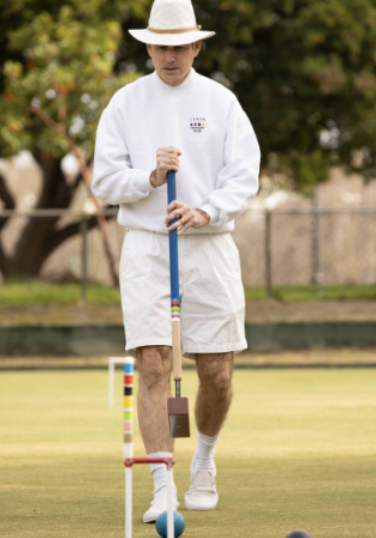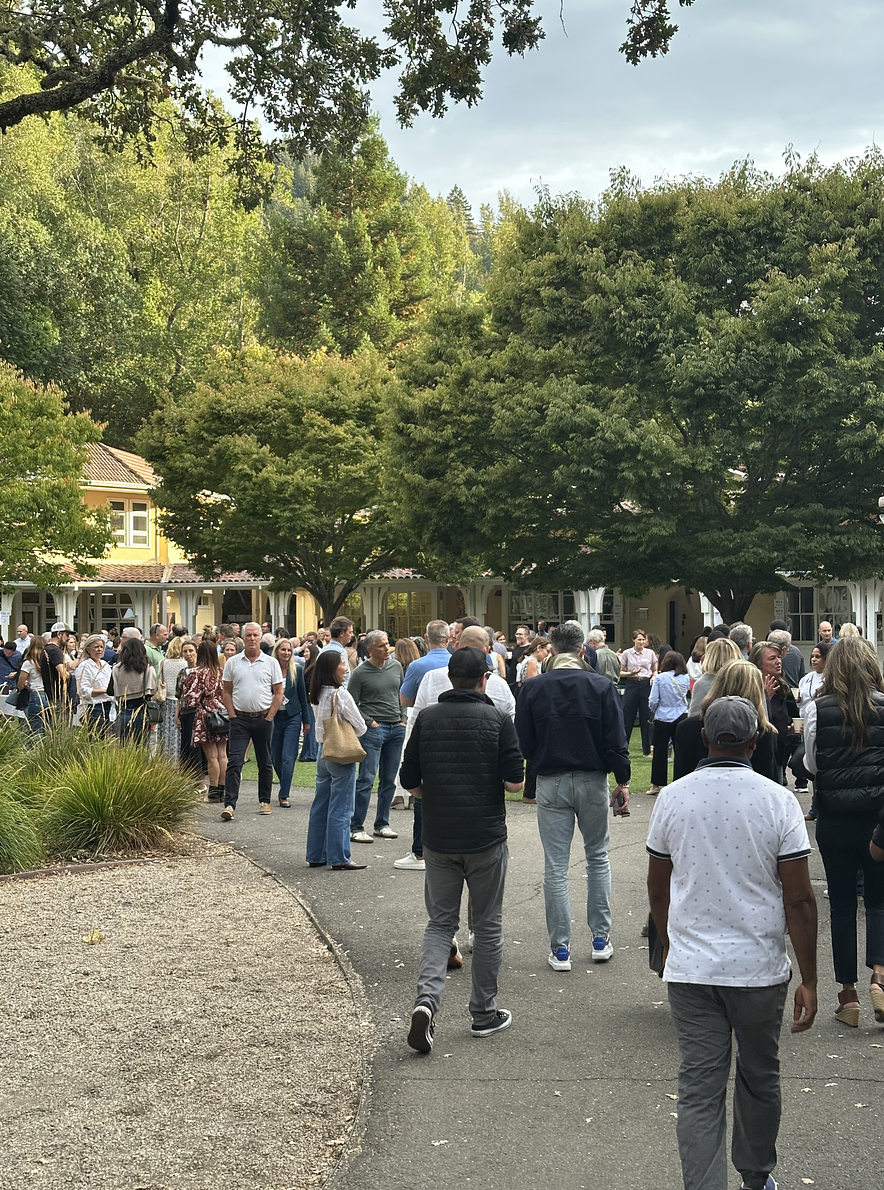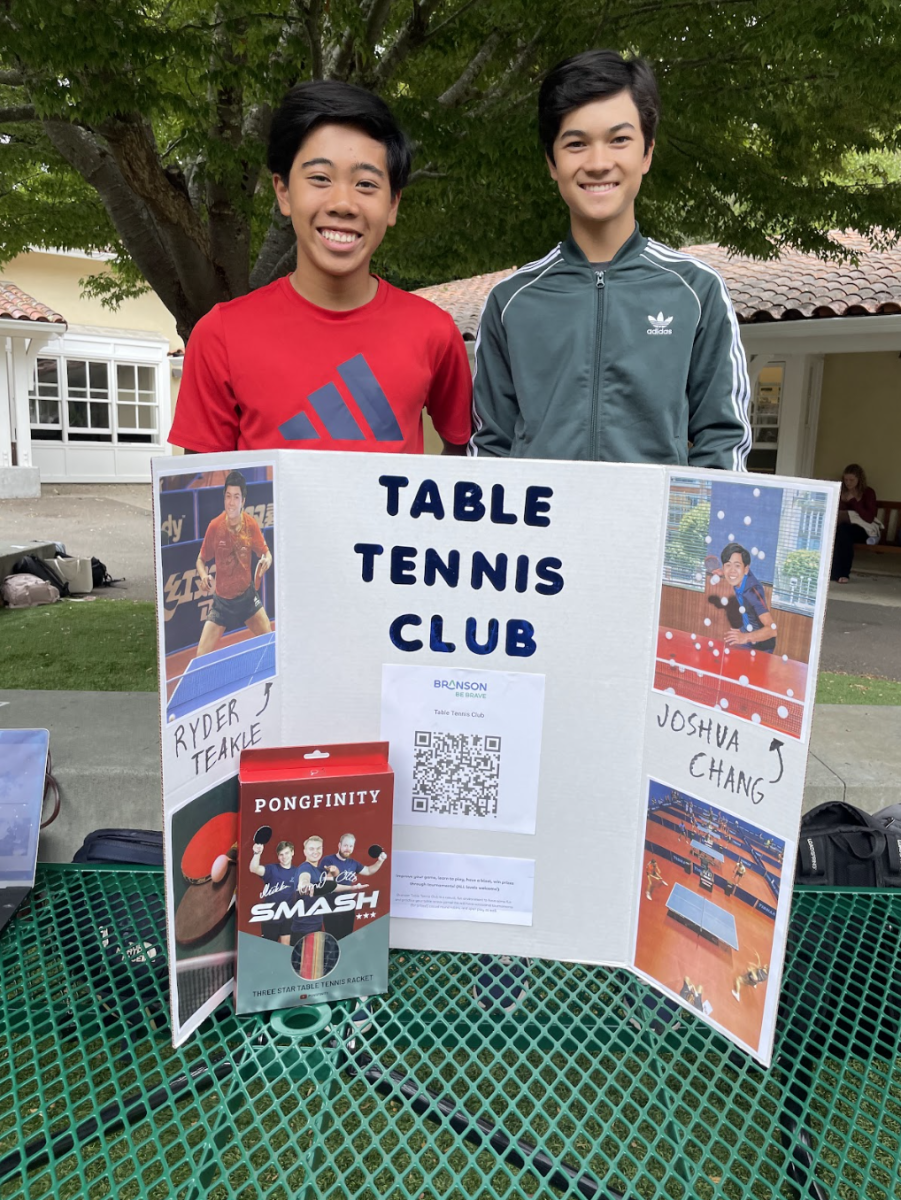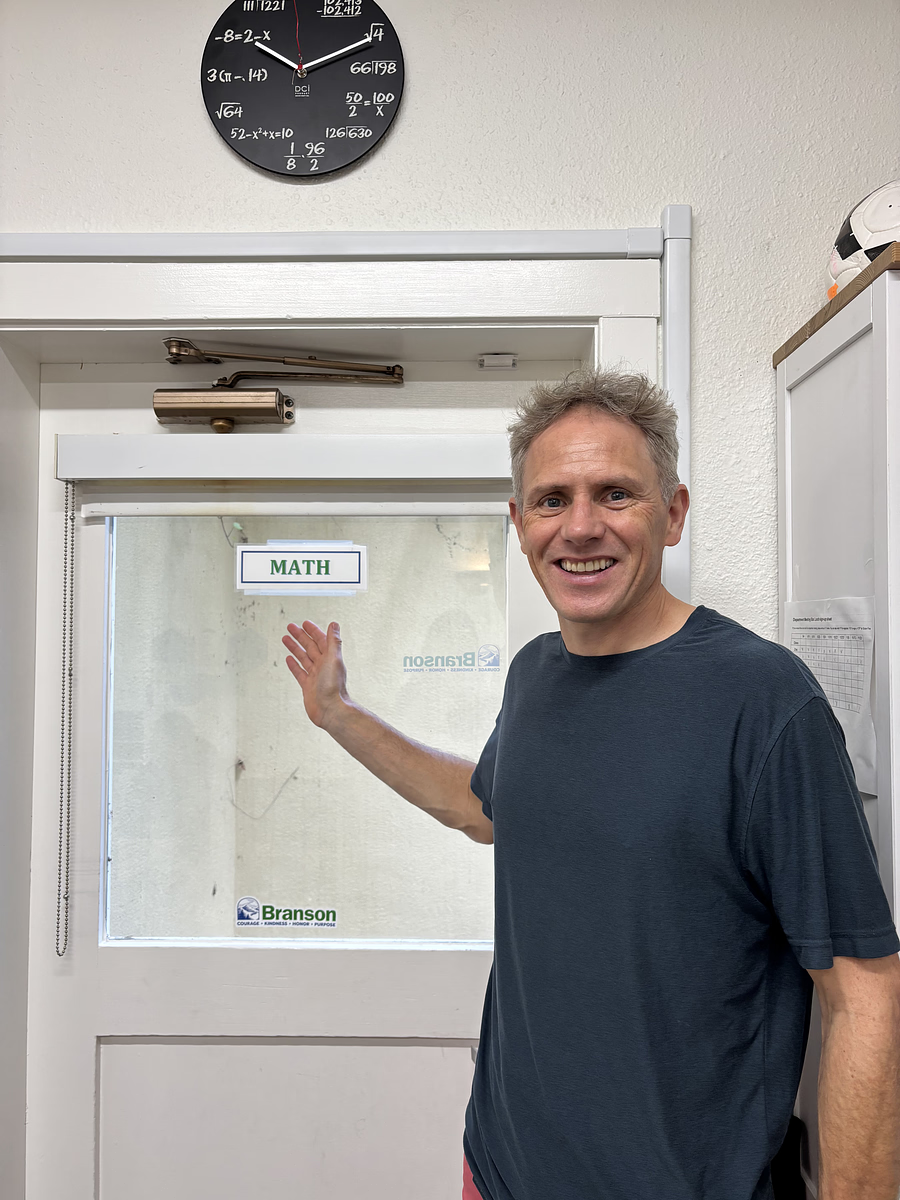Branson is known for its rigorous academics, meaning that while it’s only March, there are always plenty of tests, quizzes, assignments and papers, especially closer to the end of the year.
Studies show that stress is a major factor in burnout for many students, so we’ve compiled some strategies to survive and thrive in the final weeks of school
“I think I’d say sleep deprivation, stress, and a little bit of anxiety and relief, because relief comes from the end of finals,” said Alyssa Huang ’27, who is also a Blazer editor, when asked about her upcoming final tests.
Some students prefer to simply take a different approach, preferring to power through study sessions, but that isn’t necessarily the best approach.
“I just sit down and study,” said James Parento ’28, when asked how he prepares for finals.
His advice to other students: “Study harder.”
There are many strategies students use to prepare, so we asked Marlin Quintanilla, Branson’s counselling and wellness coordinator, along with teachers and students, for their thoughts and best practices .
“I try to prepare for finals before they actually start, so, especially during spring break, I try to get ahead of my homework by a little bit,” Huang said. “Or if the teachers have posted the curriculum, I’ll read through it just to be prepared.”
Marlin Quintanilla, the counseling and wellness coordinator, said the best time management strategies often include setting timers and alarms to manage workflow, using a calendar to visualize assignments and tests, planning ahead to stay on top of work, and taking breaks.
“If you’ve been working for an hour to two hours, taking a 15-minute break is completely appropriate … taking breaks is going to be absolutely necessary,” Quintanilla said.
Giles Scott, Branson’s English department chair, echoed those sentiments, advising students to “get a visual of all your assessments and projects,” and to “try not to be too stressed about it.” He also encouraged students to shift their focus from grades to what they’ll learn in the process of a project, test or essay.
For test preparation, Quintanilla recommends to “plan at least 15-30 minutes a day, a week, week and a half before the test. That way you’re consuming the information over a span of time instead of just cramming everything in the night before.”
Quintanilla and Scott both emphasized the importance of sleep, which has a direct correlation to memory, especially the night before a test.
Other study strategies include flashcards, programs like Quizlet, studying with others and writing things down, which helps with muscle memory.
Quintanilla reminds students to give themselves grace and ask for help when they need it.
Finally, for Scott’s students, he said that if he had to take the finals he created, he would feel “excited and a little bit nervous, but mostly excited.”

